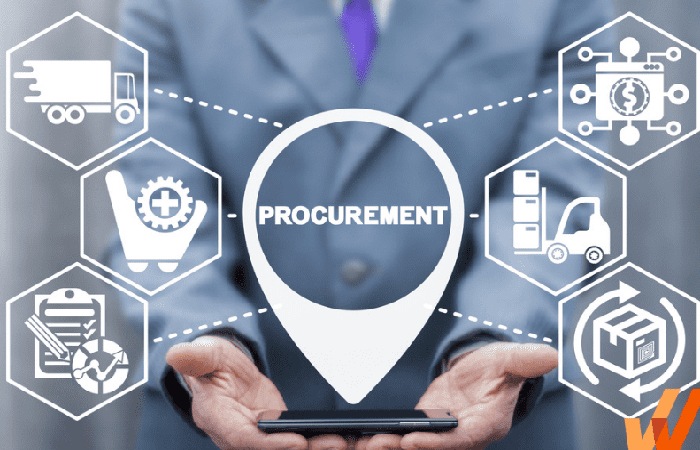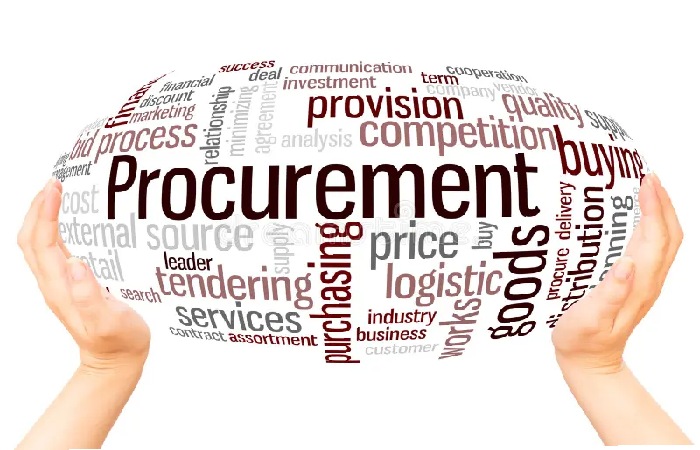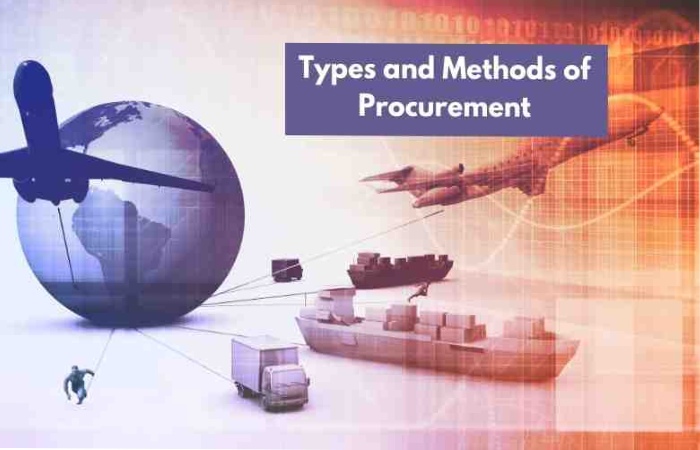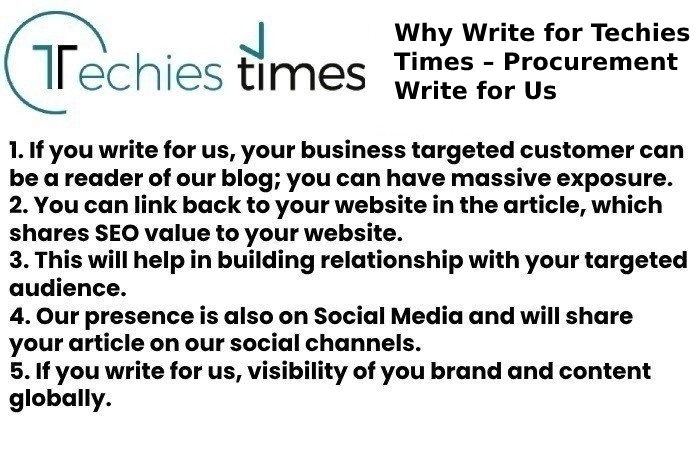Procurement Write for us.
Procurement has been a vital, transactional part of conducting business for almost as long as commerce has existed. Although the days of scribes tracking purchases on papyrus scrolls are long past, carefully selecting and purchasing the goods and services needed for day-to-day business operations remains as crucial as ever. By enabling the company to get the supplies it needs at the lowest cost reliably,
What Is Procurement?
Procurement encompasses a range of activities involved in obtaining goods or services. What is the purpose of procurement? Procurement teams generally work to get competitively priced supplies that deliver the most value. However, not all companies define procurement in the same way.
Many companies consider that procurement encompasses all the stages, from gathering business requirements and sourcing suppliers to tracking the receipt of goods and updating payment terms. In contrast, others define procurement as a narrower range of activities, such as issuing purchase orders and making payments.
Procurement is essential in understanding supply chains because it helps a company find reliable suppliers that can provide competitively priced goods and services that match its needs. That’s the case whether the company is seeking raw materials for manufacturing, a marketing services provider, or new office supplies.
For example, if a company needs a new supplier to provide an ongoing service for an indefinite period — such as an email security solution — the procurement process helps the company choose the supplier that best meets all of the business’s requirements at a reasonable price. It enables the industry to avoid wasting time, money, and valuable resources dealing with an inadequate supplier.
Minimizing cost is a critical aspect of improving your procurement processes. But it’s also vital to identify suppliers that provide the quality of goods and services that the company needs and have the capacity to deliver reliably and a track record of doing so.
Effective Management of the Procurement Process
Organizations manage their procurement processes efficiently by determining staffing levels, explicitly adhering to administrative budgets, and equipping the workforce for existing and potential procurement needs. Introducing improved buying channels within the procure-to-pay systems to achieve improved spending visibility.
Efficient invoicing and payment and user satisfaction are also beneficial for organizations. Procurement teams must be focused on continuously improving transactional-level work through efficient purchasing systems that help manage multi-stakeholder relationships and performance. Talent management has emerged as an essential task for procurement, as the need for qualified purchasing personnel is growing globally, with organizations expanding their production boundaries exponentially.
Supplier Performance Management
For effective procurement in today’s context, suppliers’ selection, development, and maintenance, referred to as supplier performance management (SPM), is pivotal. Robust supplier performance management requires procurement teams to manage relationships with external suppliers effectively and develop reliable, high-quality supply sources.
Key Benefits of Having A Streamlined Procurement Process
Organizations increasingly realize the power and the role procurement plays in streamlining their operations with a high-growth and revenue intent. Effective procurement is essential when it comes to gaining a competitive advantage.
Additional Benefits that can accrue from streamlining the procurement process are:
Cost Optimization
The primary task of the procurement department is to get the right kind of suppliers at the right price. The company can then vet the suppliers from multiple business standpoints and proceed with the supplier that offers the most lucrative business benefits. Tactically, companies can insist on discounts and warranties that non-specialists usually forget. This involves timely delivery of orders and fair pricing by the supplier.
Stakeholder Management
Stakeholder management is a crucial aspect of procurement. Stakeholders classify as either internal or external. Internal stakeholders include budget owners, finance and legal departments, and senior management. External stakeholders include vendors, suppliers, and other parties an organization depends on for procurement. Maintaining a positive relationship with these stakeholders is necessary for long-term success.
On the other hand, organizations increasingly seek to increase the proportion of parts, components, and services that outsources so that they can concentrate on their core areas of specialization and competence. This further increases the importance of managing and nurturing the relationships among stakeholders.
How to Submit Your Articles
To Write to Us, you can correspondence at To Submitting Your Articles for my sites is
Why Write for Techies Times – Procurement Write for Us
Search Related Terms to Procurement Write for Us
- procurement
- procurement definition
- define procurement
- procurement meaning
- what is procurement
- procurement specialist
- what does procurement mean
- procurement def
- procurement manager
- procurement management
- procurement synonym
- procurement process
- e-procurement
- e-procurement
- procurement partners login
- procurement analyst
- procurement partners
- procurement jobs
- procurement software
Guidelines for Article to Writing Procurement Write for Us

You can send your suggestion to contact@techiestimes.com
Search Related Terms for Procurement Write for Us
- Procurement
- Purchasing
- Sourcing
- Acquisition
- Vendor management
- Supply chain management
- Materials management
- Inventory management
- Logistics
- Distribution
- Contract management
- Risk management
- Compliance
- E-procurement
- Sustainability
- Innovation
- Technology
- Data analytics
- Artificial intelligence




